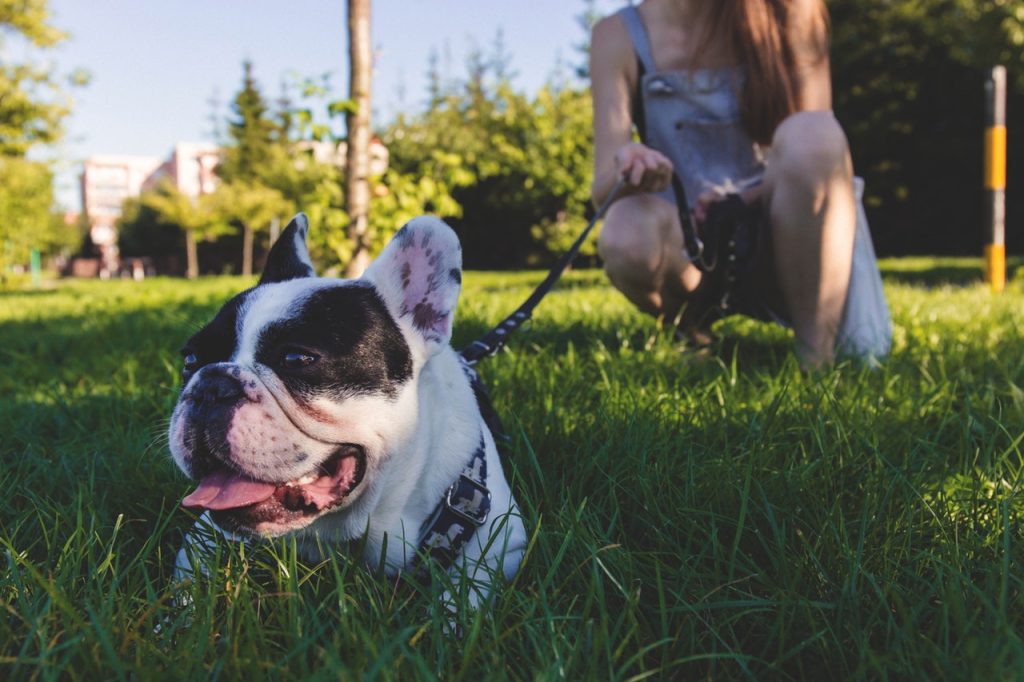We all know a few people who identify themselves as either a “dog person” or “cat person”. But many pet lovers also have a clear preference when it comes to the size of their pets – especially dogs.
Most dog owners might have a special connection to a specific breed but find it difficult to match with their current lifestyle. Factors such as working hours, food budget and type of residence can decide whether a German Shepard or French Bulldog is the right pick for you. A handful of people have the perception of smaller dogs require low maintenance due to their portable size. However, they do come with their own set of challenges you have to keep in mind.
These are a few of the things you want to consider when getting a small breed dog:
Your current living situation
One of the most important factors for picking a small breed is your current living situation. Smaller breed dogs have long been the top choice for pet-parents living in apartments and high-rise buildings. These dogs tend to require less daily activity which can be met in most apartments – and occasional visits to the dog park.
The logistics of bringing your pup with you can be radically different depending on breed. Usually, smaller breeds are okay with crates – thus are more simple to bring on your way while riding elevators or travelling. It may even decide whether you have to drive a large SUV or a smaller, more fuel-efficient car. Therefore, it’s crucial to consider every aspect of your everyday life to make sure your dog fully matches your lifestyle.
Due to their size, bathing and grooming are generally an easier task for smaller breeds. Where some large breeds might require outdoor space or a full-size tub, most small breeds are okay with a sink or a small shower cabin to get the job done. This makes for an overall less messy experience and causes less stress on your back.

Smaller dogs mean less food
Just as car models, smaller models generally require less “fuel” – the same applies to dogs. This can have a great influence on your expected monthly food budget.
But beware. It’s extra important to be wary of overfeeding, as a small difference in portion can skew their daily calorie intake a lot. This is important to consider when feeding snacks as they can provide a large portion of calories without being deducted from the daily feeding portion.
A small breed can easily be overlooked
Smaller breeds tend to be… small. No matter how careful you are, they are often subject to more accidents as they are difficult to notice. Toy breeds such as Chihuahuas and Yorkies are at greater risk of accidentally being stepped on or kicked. This especially applies to hectic environments such as dog parks where they are easy to overlook among larger dogs and owners.
Sometimes, small breeds are a bit delusional about their size. Feisty breeds such as Chihuahuas are clear proof that lot’s of ancestral DNA from the wolf is still present in dogs to this day – unfortunately, they don’t have the size to match. Even a friendly and playful greeting can be interpreted wrongly by some larger breeds. If a large breed is being approached with jumping and “hugging” around the neck area it can be seen as a threat and lead to aggression. Therefore, it’s advised to keep your pup leashed when being introduced to new dogs for the first time.

Subtile for changes in weather
Small body size makes them more subtile for changes in heat and weather. Very cold or hot weather can be a risk for some breeds and might require warm coats and accessories for them to feel comfortable.
Small dogs lifespan
Most smaller dogs tend to live a lot longer than their larger counterparts when provided good nutrition and care. An example on this is the chihuahua. Typically, this small breed gets 15-17 years old compared to a Great Dane’s 8-10 years lifespan.
Scientists are not completely sure why this occurs but speculate it’s due to larger breeds develop age-related diseases sooner than small dogs. Larger breeds grow more rapidly from puppies to adults which can cause abnormal cell growth and in the worst case lead to cancer later on in their life.
More barking than larger breeds
Small breed dogs are generally more vocal and bark more frequently than larger breeds. This is important to keep in mind when staying in apartments but with good training, the barking can be minimized.
Health issues related to their small size
Some breeds are at risk of developing specific health issues related to their size. Poor mobility and airway issues are some of the most common issues and generally show up later in your dog’s life.
All in all, small breeds make a fantastic companion. They are smart and full of personality and might be the perfect pick for you if you live a busy lifestyle that requires a more “portable” companion.
Feel free to leave a comment down below if you have any other crucial things to be aware of when living with a small breed.
You May like
- Dealing with an anxious dog in a big city
- How to find the right dog breed for you
- Having a dog in a big city
PledgeCare’s blog posts are designed to help and inspire dog parents who wish a healthier every day for their dogs. If you’re curious about our air-dried raw, Malaysian, human-grade and super healthy dog food, check out: https://pledgecare.org/recipe/

